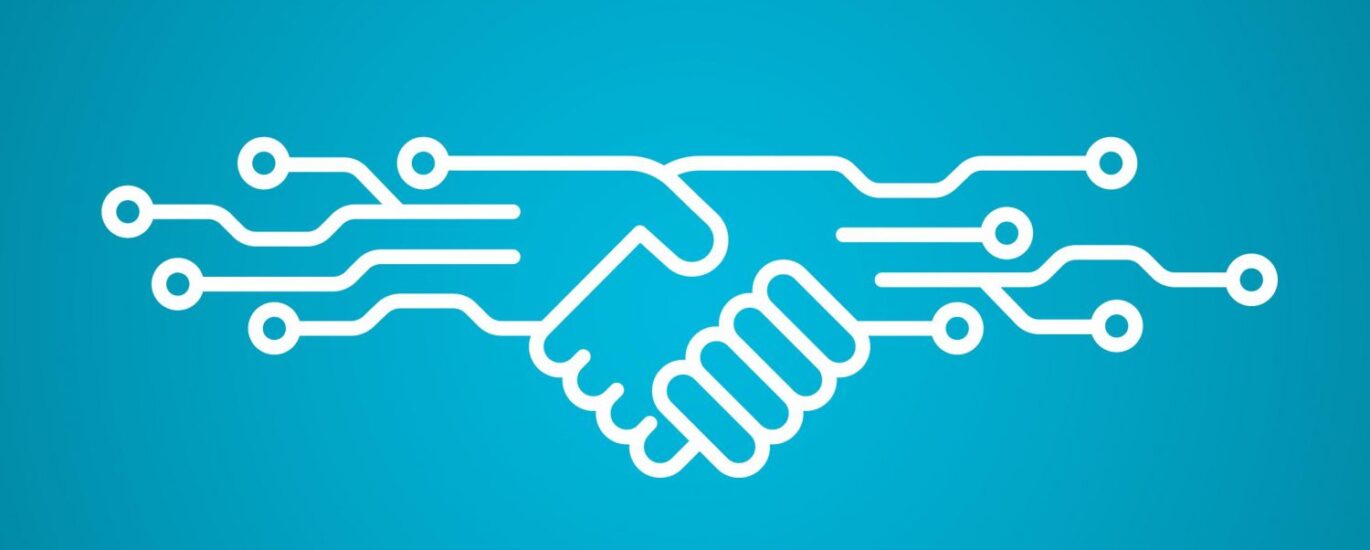



Smart contracts are self-executing programs that run on a blockchain and can automatically enforce the rules and terms of an agreement. The legal background of smart contracts is still evolving, as the technology is relatively new and there are few established legal precedents specifically related to smart contracts. However, there are some key legal considerations to keep in mind when working with smart contracts.
Contract law: Smart contracts are, in essence, just another form of contract. As such, they are subject to the same legal requirements as traditional contracts, such as offer, acceptance, consideration, and mutual intent.
Digital signature laws: In many jurisdictions, smart contracts may be subject to digital signature laws, which set out the legal requirements for electronic signatures and records.
Data protection laws: Smart contracts may also be subject to data protection laws, as they often involve the processing and storage of personal data.
Intellectual property laws: Smart contracts may also be subject to intellectual property laws, particularly in cases where the smart contract involves copyrighted material or patented inventions.
Regulatory compliance: Smart contracts may also need to comply with various regulatory requirements, such as those related to financial services or consumer protection.
Some of the areas where smart contracts are currently used or have potential use cases include:
Finance: Smart contracts can be used for decentralized finance (DeFi) applications, such as lending and borrowing platforms, decentralized exchanges, and insurance contracts.
Supply chain management: Smart contracts can be used to track the movement of goods and ensure compliance with various regulations and standards.
Real estate: Smart contracts can be used to automate real estate transactions, such as property sales and rental agreements.
Intellectual property: Smart contracts can be used to manage copyrights, patents, and other intellectual property rights.
Healthcare: Smart contracts can be used for patient record management and insurance claims processing.
Gaming: Smart contracts can be used to create decentralized gaming platforms, where players can trade virtual assets and conduct in-game transactions.
These are just a few examples of the many potential applications of smart contracts. As the technology evolves and matures, it is likely that new use cases will continue to emerge.
Overall, the legal status of smart contracts is still developing and may vary depending on the specific jurisdiction and use case. It is important to consult with legal experts who are familiar with both contract law and the relevant regulatory and legal frameworks when working with smart contracts.